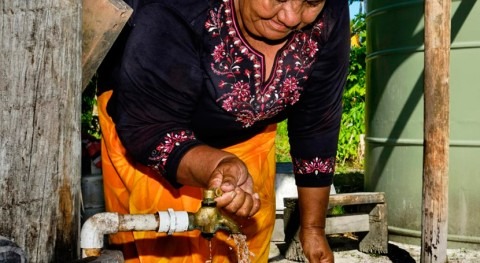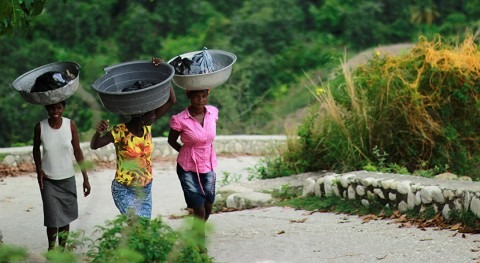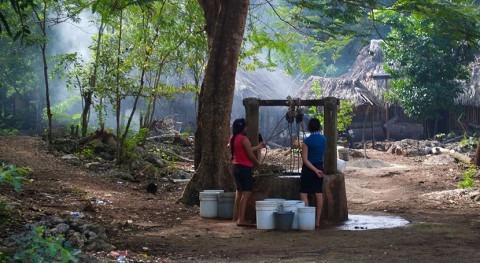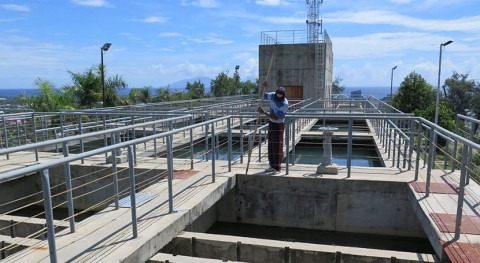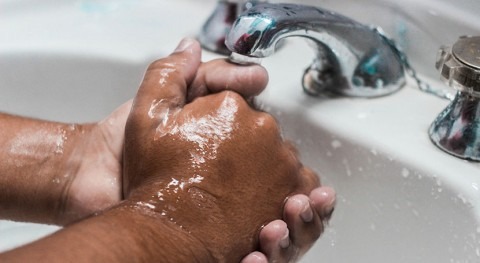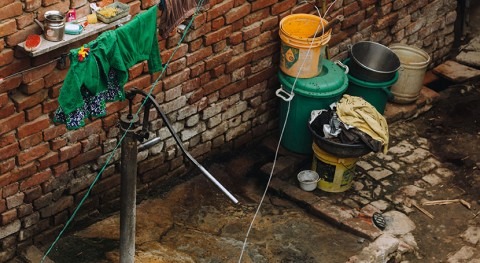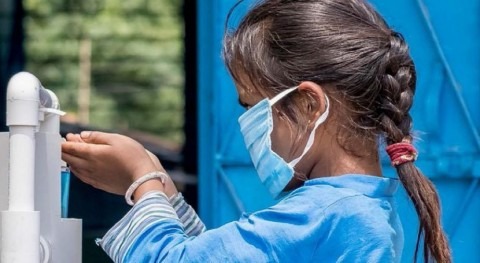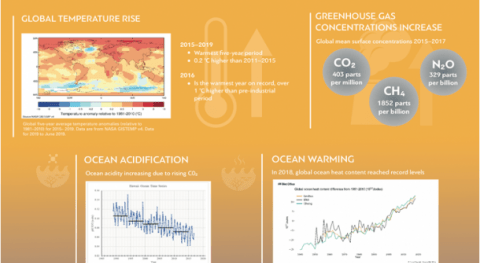Over 31 million people in the pan-European region lack access to basic sanitation services and 314 000 people still practice open defecation. The impact is clear, as every day, 14 people die of diarrhoea in the region because of inadequate water, sanitation and hygiene (WASH). In addition, there are significant inequalities in access to basic sanitation services between rural and urban areas, and between rich and poor communities – affecting households, schools and hospitals. The release of untreated wastewater to the environment also constitutes a significant problem in the region.
World Toilet Day, celebrated on 19 November, is an important occasion that reminds us of the need for safe sanitation services for the well-being of all. “Recognize that a toilet is not just a toilet,” explains Dr Piroska Östlin, Regional Director for Europe a.i. “It protects your dignity, your health, and the health of those around you.”
Meeting of the Parties to the Protocol on Water and Health
World Toilet Day this year also marks the start of the Fifth session of the Meeting of the Parties to the Protocol on Water and Health, taking place in Belgrade, Serbia on 19–21 November 2019. Jointly led by WHO/Europe and the United Nations Economic Commission for Europe (UNECE), the Protocol, which celebrates its 20th anniversary this year, “is a pioneer instrument to support countries’ concrete efforts to realize the basic human rights to safe drinking water and the provision of sanitation for everyone, through integrated water resources management and intersectoral cooperation,” explains Ms Olga Algayerova, UNECE Executive Secretary.
Spurred on by strong opening calls for action from the Prime Minister of Serbia, Her Excellency Ms Ana Brnabić, and UN Secretary-General António Guterres, this high-level intergovernmental meeting aims to drive forward the water and sanitation agenda in the pan-European region. “As we enter the decade of action to deliver the SDGs, I urge all countries to ratify the Protocol and strive for its full implementation” says the Secretary-General.
New tools and guidance for implementation of the Protocol on Water and Health
Supported by a new practical guide for joint implementation of the Protocol and the 2030 Agenda for Sustainable Development, representatives from the pan-European region from over 40 countries – Protocol Parties and other States – NGOs, development agencies, academia and the private sector will discuss, over 3 days, the political and technical dimensions of the following key areas:
- supporting the effective governance of water, sanitation and health through target setting and reporting;
- preventing and reducing water-related diseases through better surveillance and outbreak management;
- ensuring all schools and health care facilities have good water, sanitation and hygiene;
- improving water supply and sanitation in rural communities;
- managing water supply and sanitation systems in a safe and efficient manner;
- realising the human rights to water and sanitation by ensuring equitable access for all; and
- increasing the climate resilience of water and sanitation infrastructure.
The meeting will be an important opportunity to review achievements, reflect on challenges and identify the need for further action. The meeting will also launch a series of practical tools and guidance to support Member States in making progress in the areas of equitable access, surveillance and outbreak management of water and sanitation, as well as WASH in schools.







